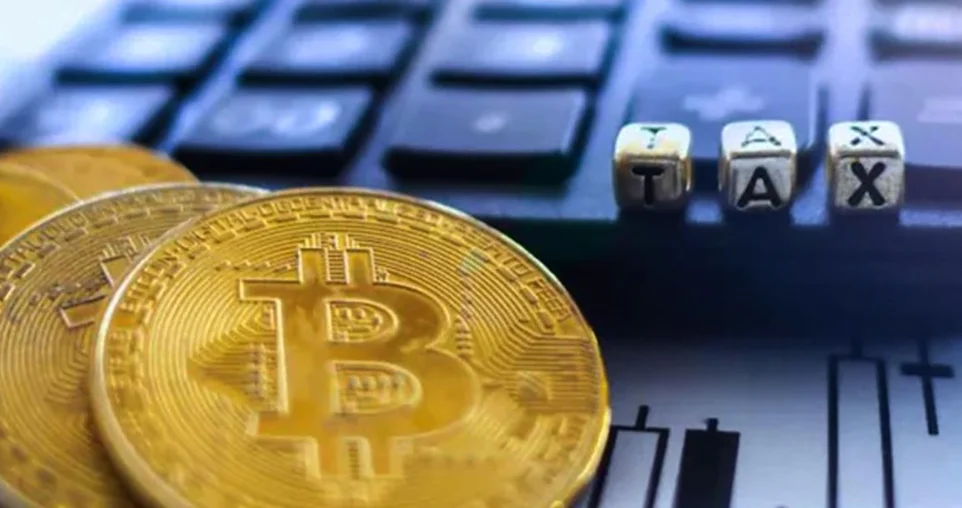According to Umar Farooq of JPMorgan, neither use cases nor regulations have really materialized.

Umar Farooq of JPMorgan thinks that most of the crypto assets on the market are “junk” and that the real use cases for crypto haven’t fully shown themselves yet.
On August 29, Farooq (The head of JPMorgan’s digital assets) said at a panel discussion at the Monetary Authority of Singapore’s Green Shoots Seminar that regulation has not yet kept up with the expanding sector, which is discouraging many conventional financial (TradFi) institutions from participating.
In addition, he said that most crypto assets, with the exception of a handful, lack utility:
“Most of crypto is still junk actually, I mean with the exception of I would say, a few dozen tokens, everything else that has been mentioned is either noise or frankly, is just gonna go away.”
Farooq, the CEO of JPMorgan’s blockchain division Onyx Digital Assets (ODA), claims that the financial sector is lagging behind in adopting new technologies.
According to him, neither the use cases nor the regulation has completely materialized.
The JPMorgan executive further said that the industry hasn’t developed enough to be used at scale to support high-value “serious transactions” across TradFi institutions or to host products like tokenized deposits (an existing bank deposit held as a liability against depository institutions).
Farooq said that at this point, crypto, blockchain, and the larger Web3 trend are merely serving as a platform for irrational speculation.
“You need all of those things to mature so that you can actually do things with them. Right now, we’re just not there yet, most of the money that’s being used in Web3 today, in the current infrastructure, is for speculative investment.”
Although JPMorgan has been more open to cryptocurrencies in recent years, the banking behemoth is now more interested in blockchain technology and how it can be used to particularly enhance TradFi services.
JPMorgan reportedly tested tokenized collateral settlements using its own private blockchain, according to a story from May.
Two of its businesses transferred a tokenized version of money market fund shares owned by Black Rock Inc.
